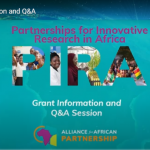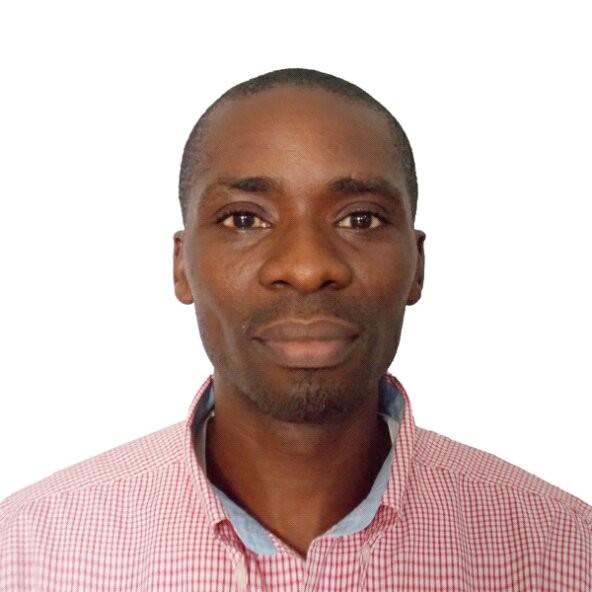The National Bureau of Statistics (NBS) has called on the World Bank to support Nigeria’s 2026 natural data collation process, warning that the 2025 efforts may fall short if the proposed collaboration is not fully realized.
Speaking at the 2025 Natural Capital Accounting Conference in Abuja—held in partnership with the World Bank and the Global Program on Sustainability—Dr. Baba Madu, Head of National Accounts, Energy and Environment at the NBS, emphasized the critical need for international support. He noted that Nigeria is currently building a comprehensive database that includes a wide range of environmental indicators and components to develop robust natural accounts.
Dr. Madu explained that the bureau is working on compiling a natural resources account that offers the public clear insight into the nation’s natural assets and their value to the economy. “We are compiling the first greenhouse gas emissions account in Nigeria, alongside land use statistics,” he said. “We’ll also begin compiling a forest account soon. There is a clear need to improve what we do, which is why we are expanding into nature-focused accounting.”
The appeal to the World Bank is part of a broader push to enhance the country’s capacity to document, analyze, and utilize natural resource data as part of its economic planning and sustainability strategies.
Also speaking at the event, Vinay Vuturu, the World Bank’s Program Leader on Sustainable Development, stressed that without a strong natural accounting system, Nigeria cannot match global standards in environmental and economic reporting. He emphasized the importance of making natural accounts a key part of national planning across the Ministry of Environment and other relevant agencies.
Vuturu also highlighted the importance of institutionalizing and mainstreaming the process so it can be sustained independently after the World Bank eventually phases out its direct support. “The goal is to ensure the program continues without disruption, even after the withdrawal of external partners,” he said.
According to the World Bank, the 2025 conference aims to achieve two primary objectives: strengthening the natural occurrence data system and developing ecosystem accounts for two pilot states in Nigeria. The broader vision is to integrate nature into national development conversations and equip stakeholders with the tools to measure, track, and act on environmental changes.










